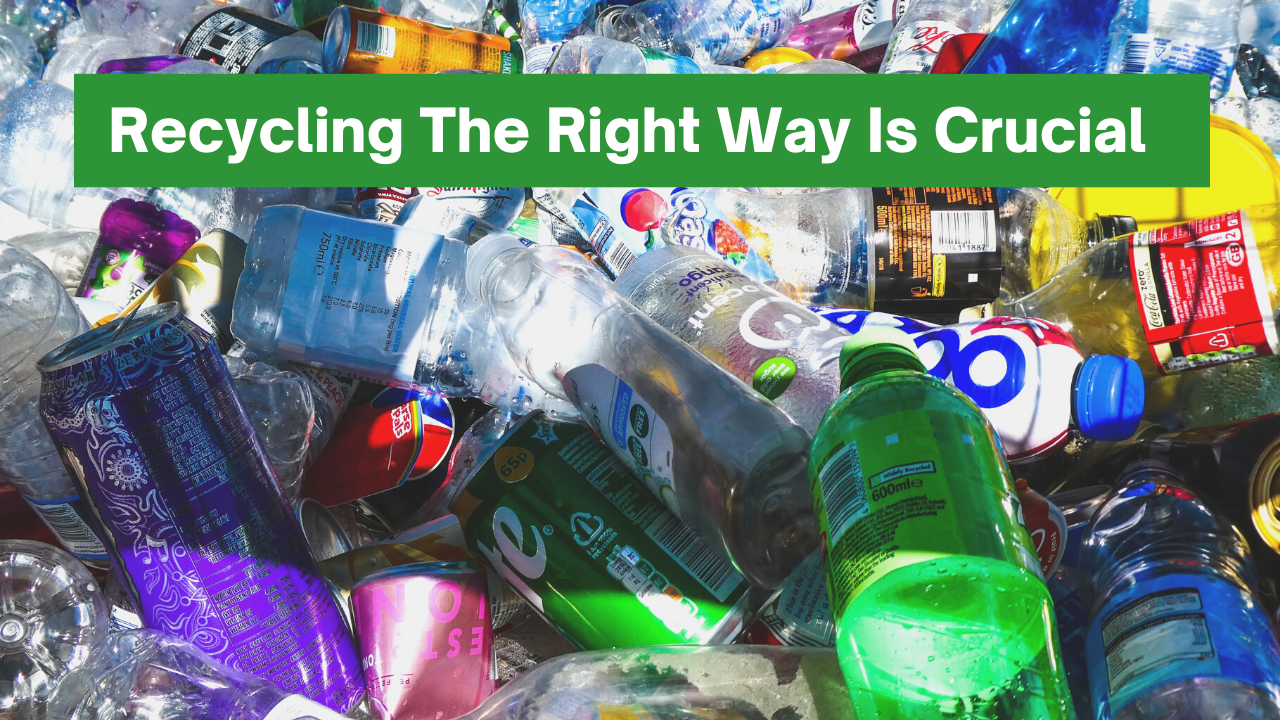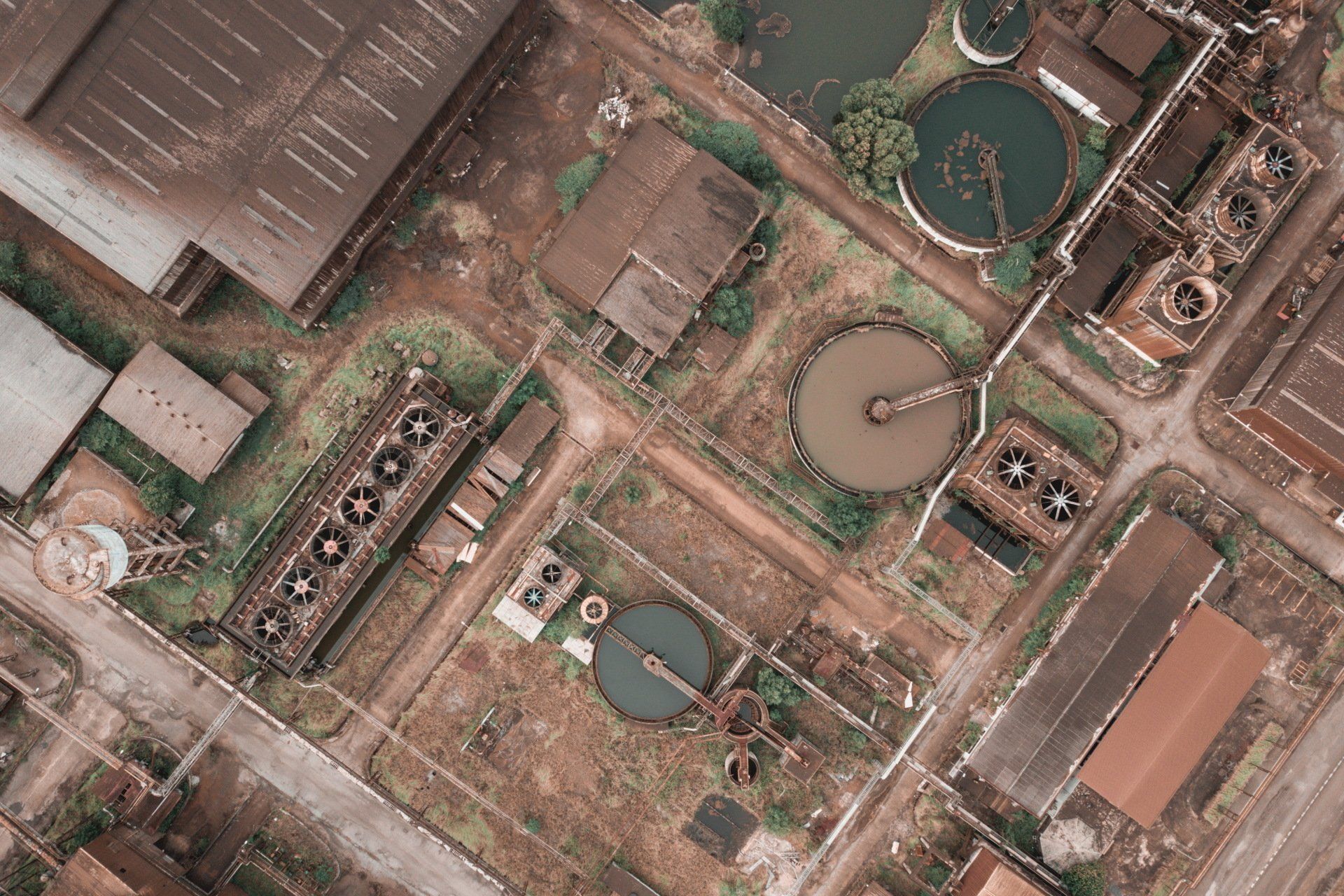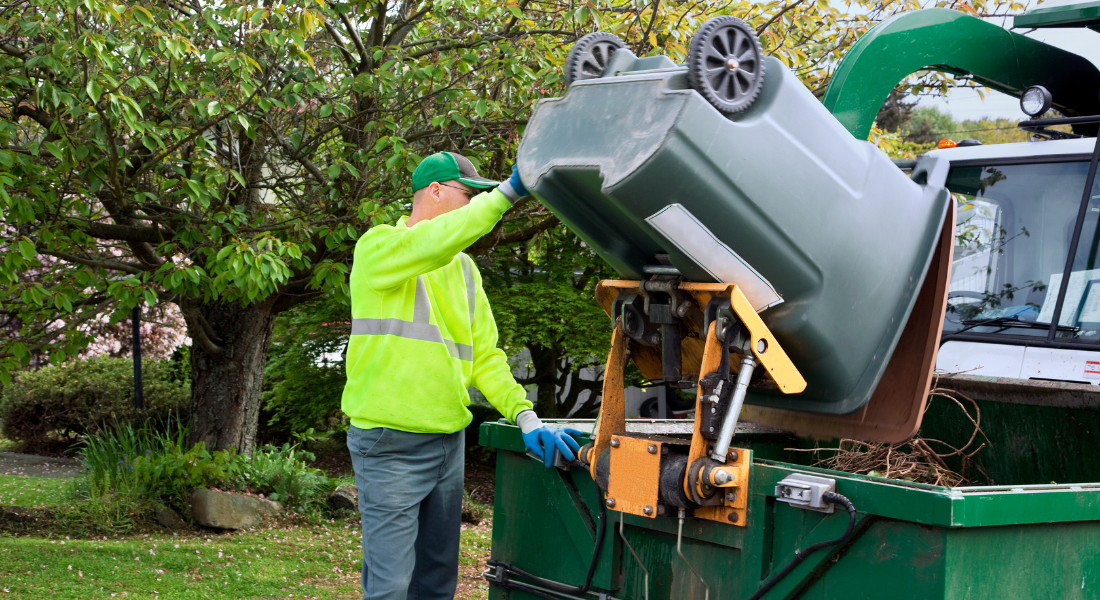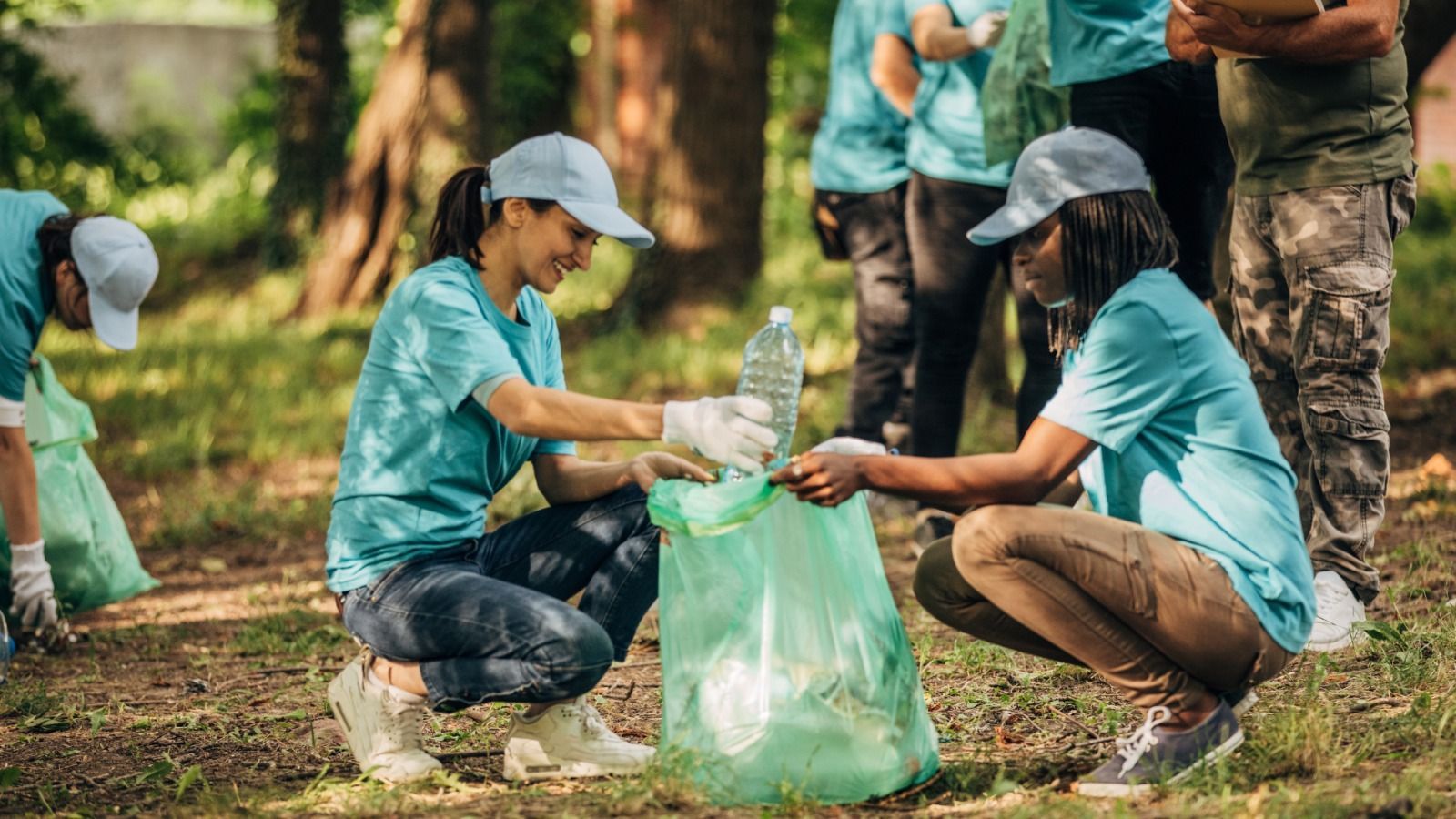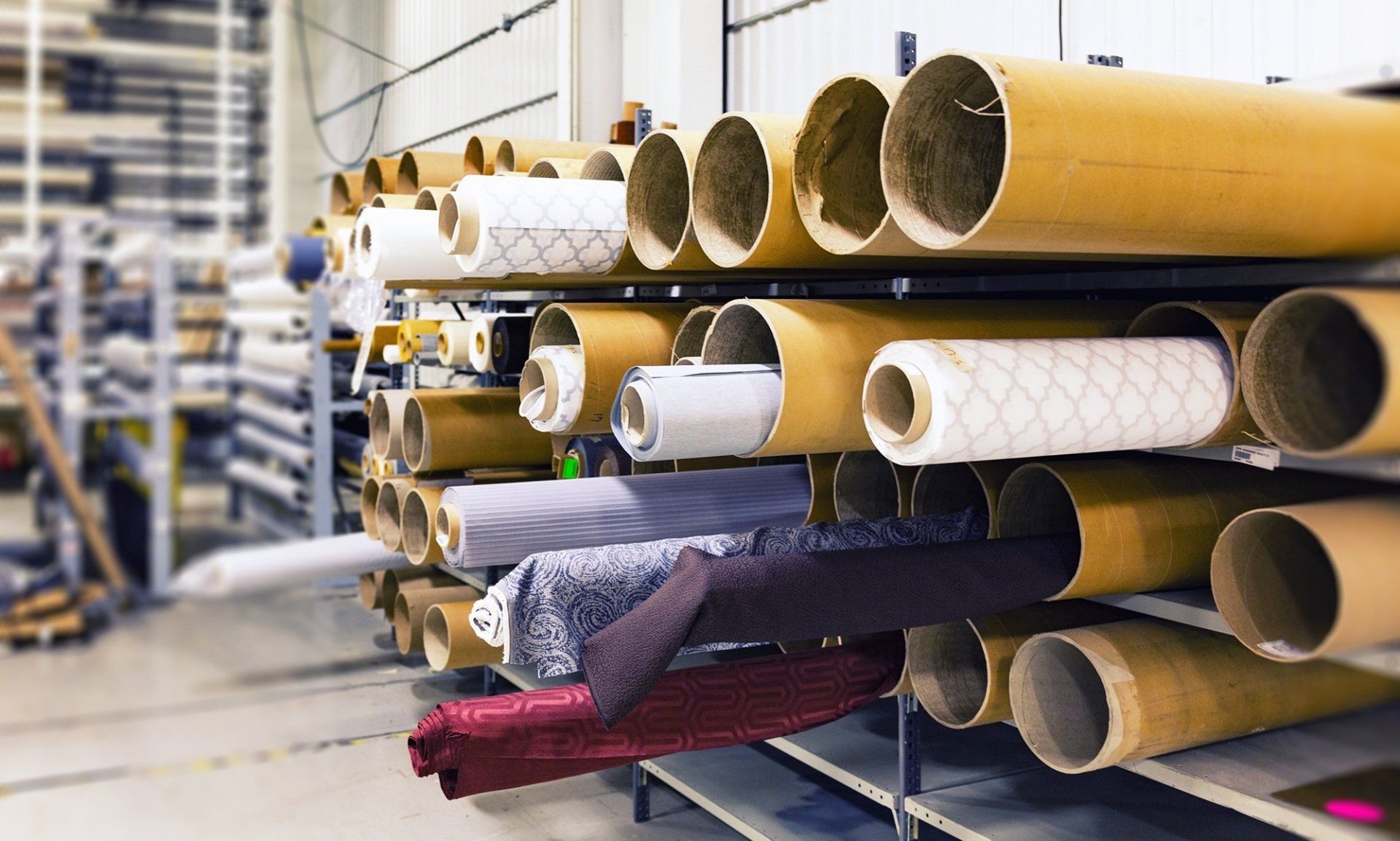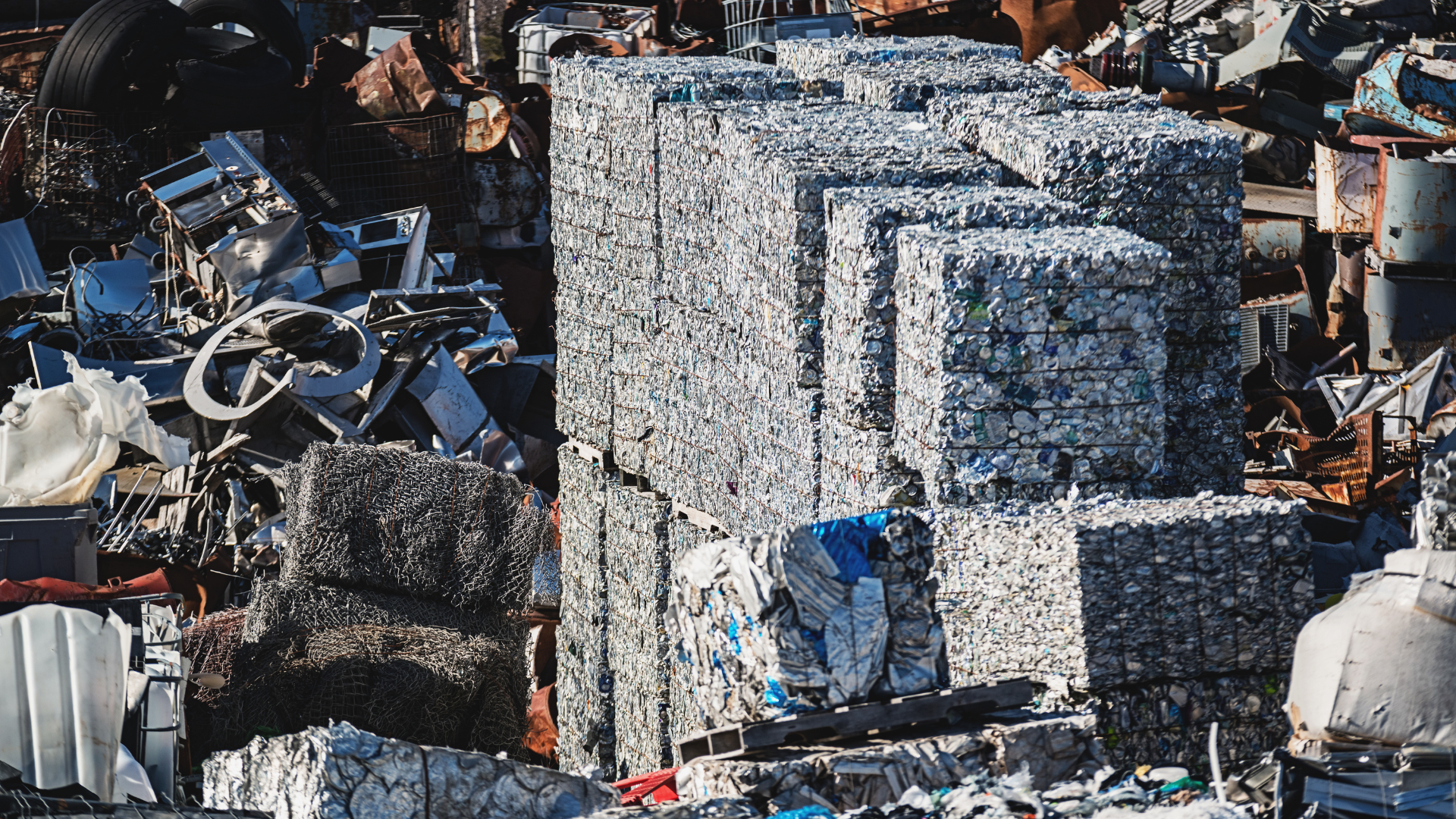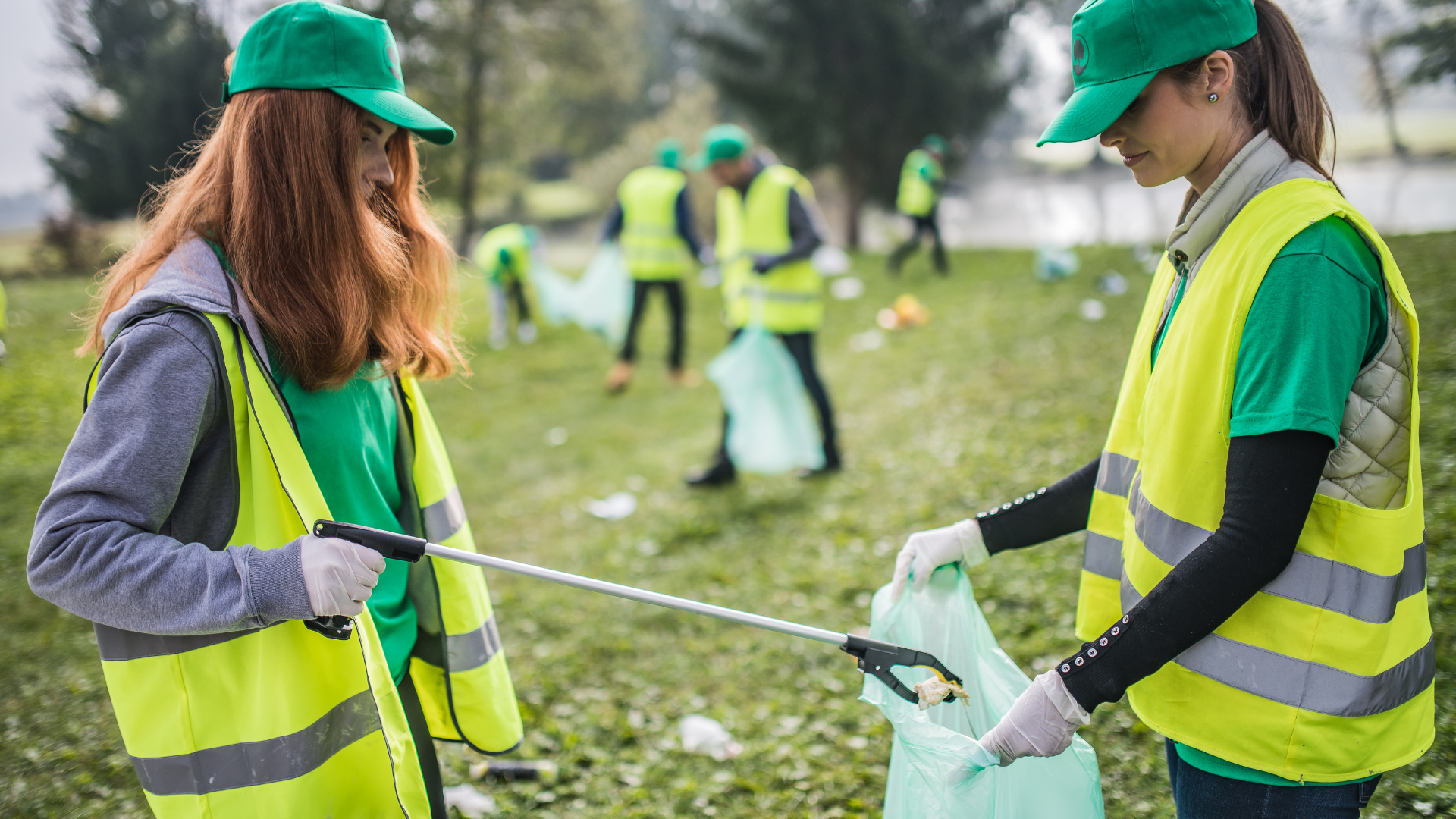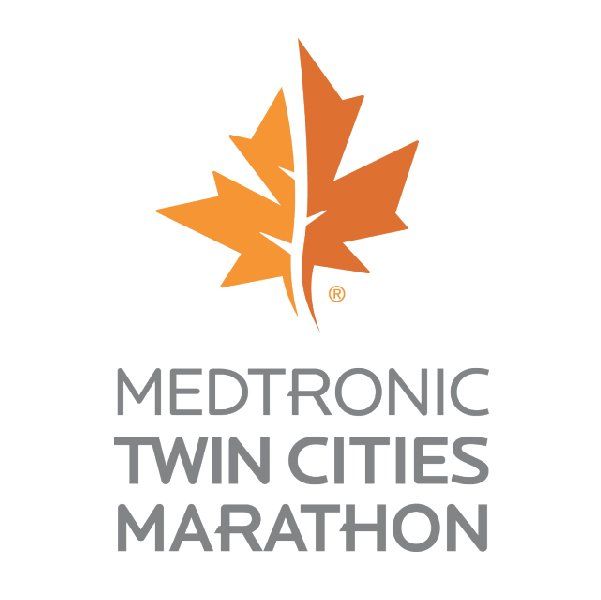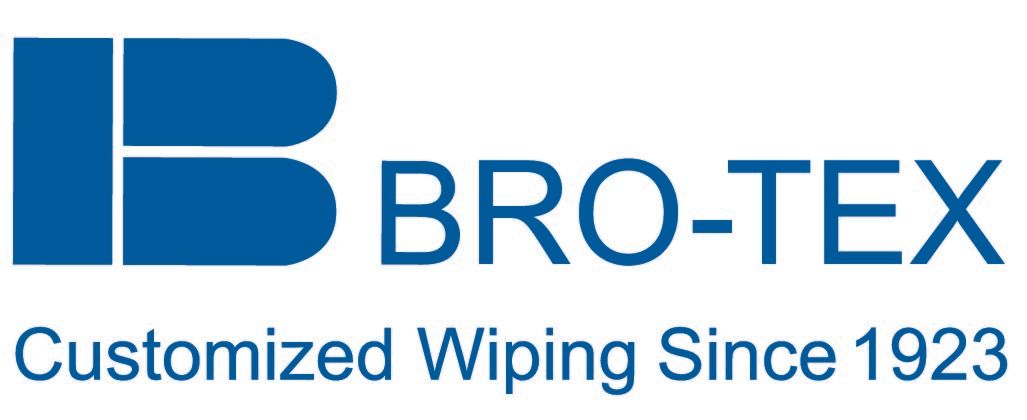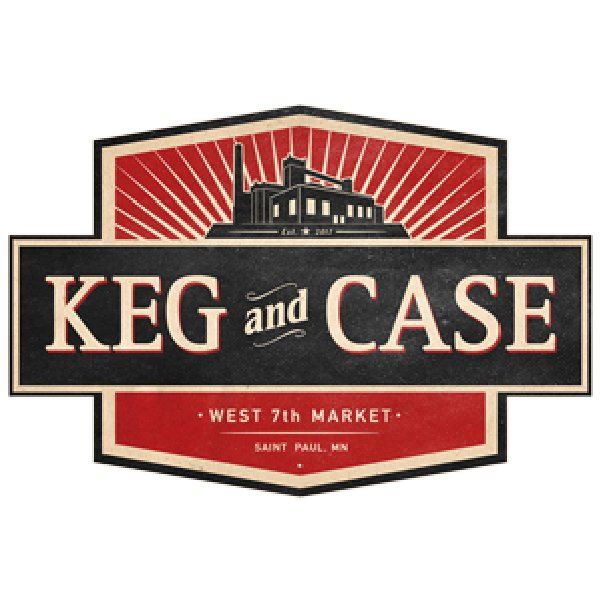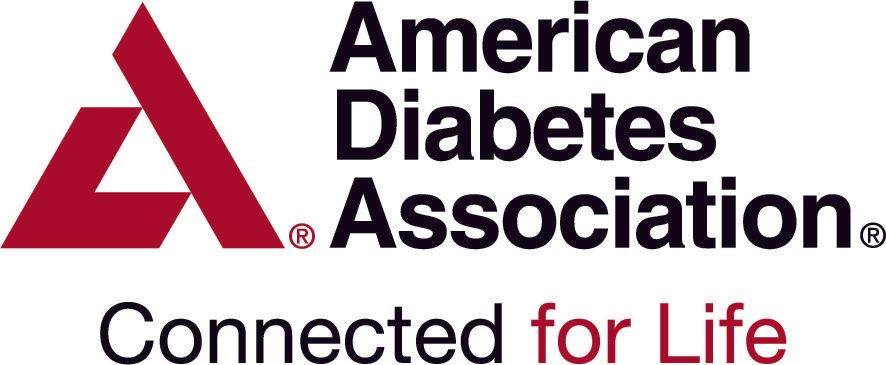Why Is Recycling The Right Way Crucial?
FIND OUT HOW YOU CAN SAVE OVER 30% ON YOUR WASTE COST
WHILE IMPROVING THE SERVICE LEVEL
We Will Provide A Free Waste Savings Audit.
Why Is Recycling The Right Way Crucial?
Recycling eliminates the need to extract, refine, and process raw materials, all of which pollute the air and water. Recycling saves energy while also lowering greenhouse gas emissions, this aid in the fight against climate change.
This article explains why the recycling right way is crucial and the problems caused by recycling wrong.
What Problems Are Caused by Incorrect Recycling?
Although you have the best intentions, improper recycling has consequences for the entire waste management system.
These are the reasons why only 100% recyclable materials should go to the recycle bin.
1. Placing Wrong Items
Many items are not acceptable for recycling because they can harm recycling equipment and pose serious safety risks to workers.
Lithium batteries can cause a fire in collection trucks. Medical syringes can injure recycling workers who sort recyclables with their hands.
2. Decreased Efficiency
Removing items that are not accepted for recycling is difficult and slows down recycling facilities. There are various types of “tanglers” at recycling centers, like plastic bags, ropes, and cords.
This leads to the shutting down of recycling facilities. Thus, the recycling process comes to a halt.
3. Increased Cost of Sorting & Collecting
It takes time and money to separate non-accepted items from the recycling stream. These items cannot be sold to manufacturers for recycling. Therefore, they need to be disposed of.
Non-accepted items can also cause costly recycling equipment to break down. Repairing that equipment regularly raises recycling costs.
4. Decreased Marketability & Worth of Recyclables
If contamination levels are too high the manufacturer who buys the recyclable material rejects it. As a result, the once valuable and recyclable material cannot get reused and be made into new products.
Thus the local recycling service has to pay to have the materials transported and disposed of.
Benefits of Recycling The Right Way
“In 2018, 32.1 percent of waste was recycled (including composting), down from 34.7 percent in 2015.”
1. People & Communities Are Preserved
Landfills and garbage recycling facilities are situated near poor communities, resulting in environmental injustice.
People can become less reliant on dumpsites with the aid of sustainable material management.
2. Preservation of Natural Environment & Resources
Recycling correctly ensures that old materials are repurposed into new products. It reduces the number of natural resources used by producers.
Therefore, it protects resources for future generations. It also reduces the demand for natural resource exploitation.
3. Promotes Savings & Improves Energy Efficiency
Recycling uses less energy than extracting and refining raw natural resources. Thus, it creates a more energy-efficient system while also reducing greenhouse gas emissions.
4. Reduces Pollution & Greenhouse Gas Emission
When the local recycling systems work well, fewer items like single-use plastic are littered into surrounding environments.
Recycling systems are an excellent way to limit the use of landfills and waste combustion facilities, stopping pollution from entering the atmosphere and water, and greenhouse gases.
5. Promotes Creation of Jobs & Circular Economy
A circular economy and thriving recycling systems can create job opportunities for many professions.
Recycling right is the best way to ensure that recyclable items are made into new goods, contributing to the growth of a circular economy, where valuable materials are kept in the cycle of productive use instead of being thrown away.
Takeaway
When recycling is done correctly, it aids the local recycling systems in collecting, sorting, marketing, and manufacturing recyclable materials into new goods.
When the local recycling systems are effective, they may help communities, natural ecosystems, and local economies in various ways that have been mentioned above.
GET IN TOUCH TODAY
TVG Waste Consulting provides proactive environmental consulting services. We're dedicated to saving you time, money, and making sure you have a custom solution to meet your needs. Contact us today!
Our Recent Articles
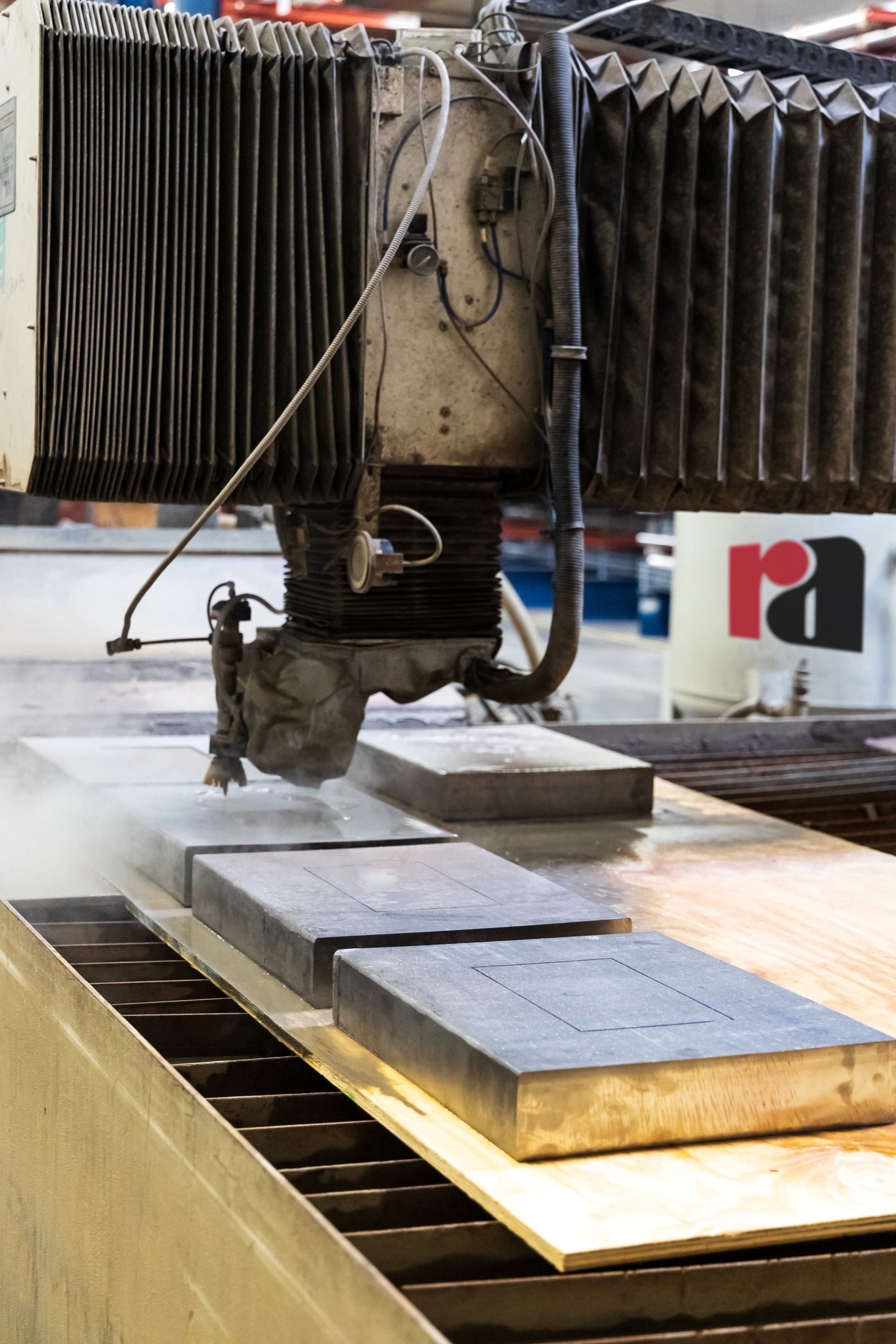
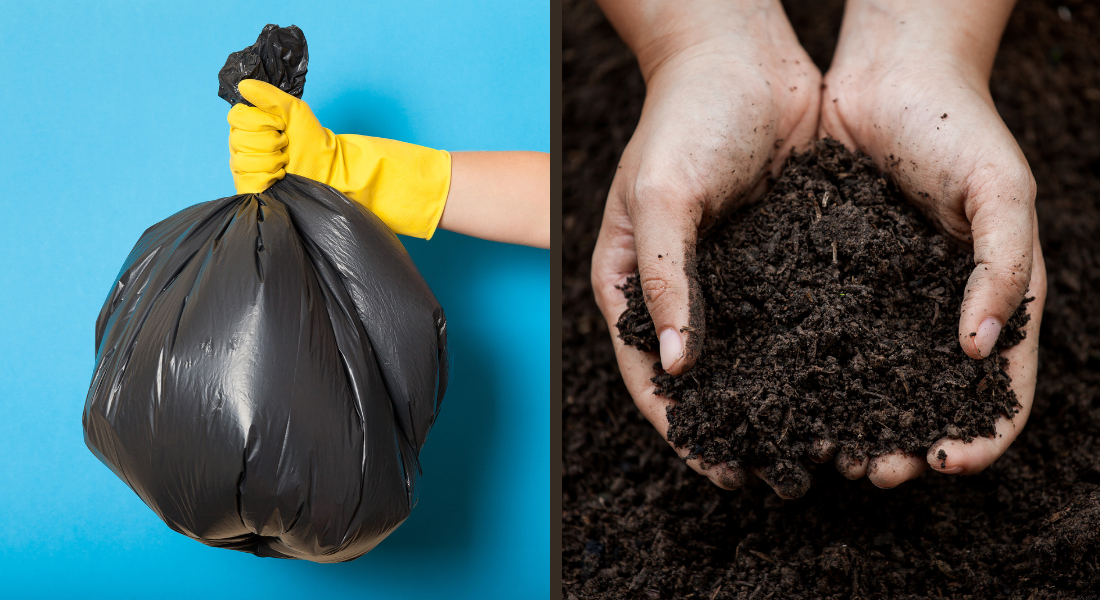
FIND OUT HOW YOU CAN SAVE OVER 30% ON YOUR WASTE COST
WHILE IMPROVING THE SERVICE LEVEL
We Will Provide A Free Waste Savings Audit.


